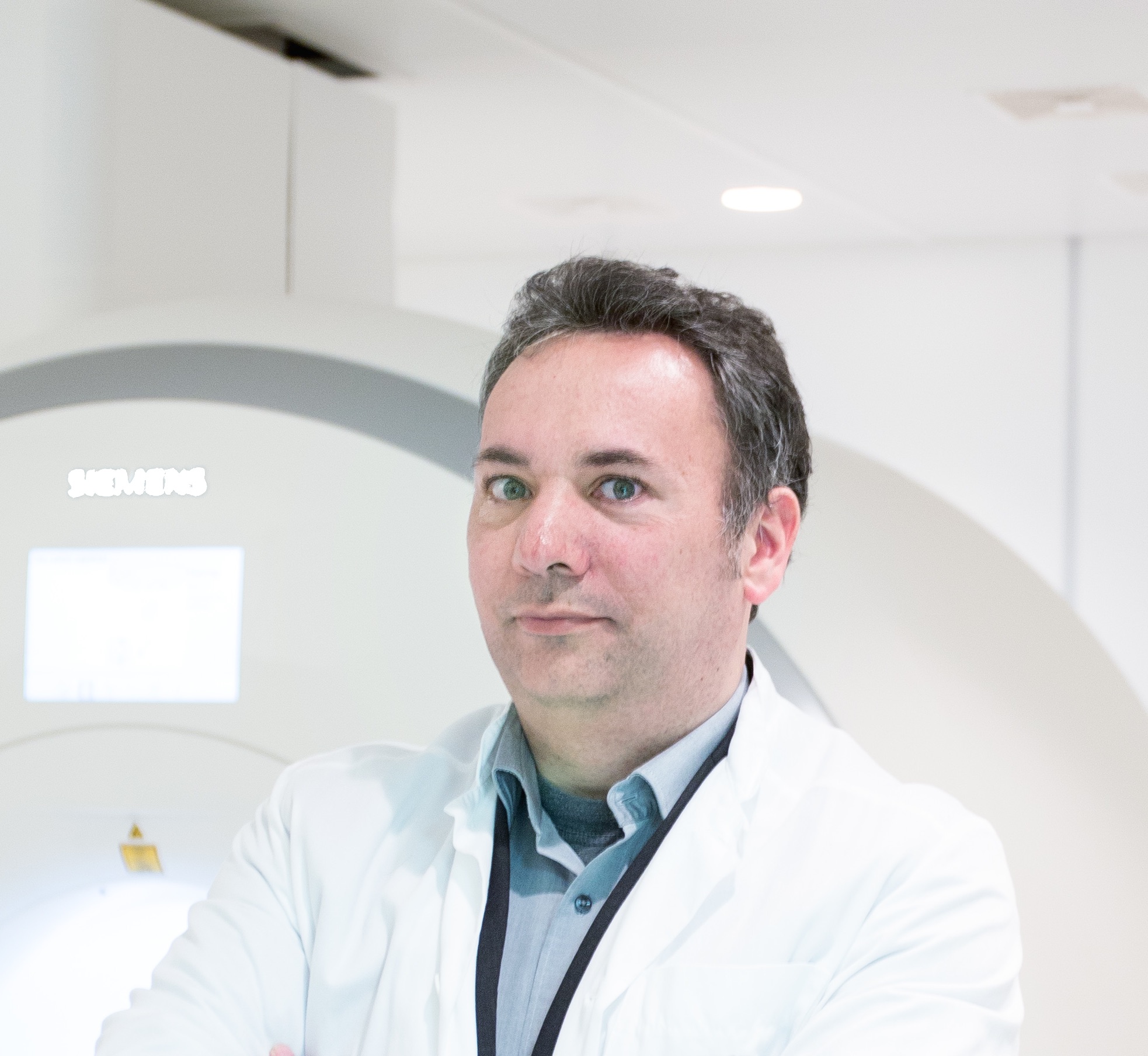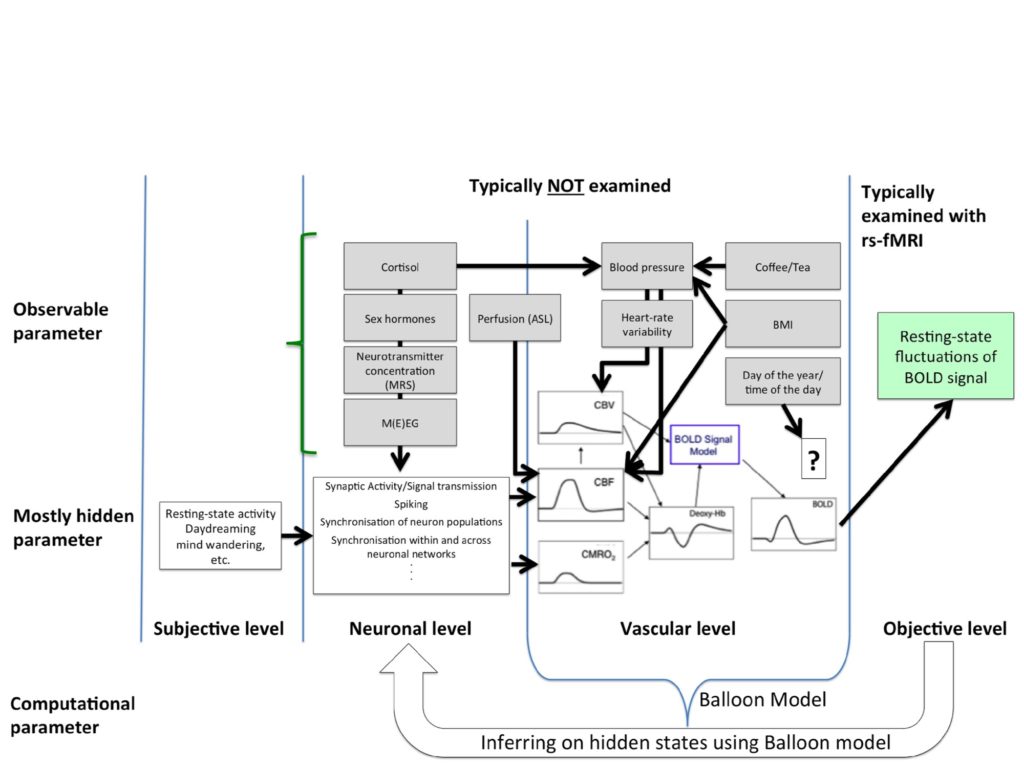
2020-01-24
10:15 - 11:15
Visual Computing Forum
Karsten is a cognitive neuroscientist. He received an M.Sc. (“Diplom”) in Physics from the RWTH Aachen University, Germany, with a thesis focusing on optimising functional brain imaging. He worked for several years as a neuroscientist at the Research Centre Jülich, Germany, before he received his PhD at the Otto-von-Guericke University Magdeburg, Germany, in Cognitive Neuroscience, where he also did his Habilitation in General and Biological Psychology. He got a professorship at the Department of Biological and Medical Psychology at the University of Bergen, Norway, where he also became the head of the Bergen fMRI group, and he also holds a guest professorship at the Arctic University of Norway in Tromsø, Norway. His main research focus is on auditory perception of speech and music, connectivity and plasticity of the language network, clinical multimodal neuroimaging, and rehabilitation from speech and language disorders.
Abstract:
Although fMRI was introduced almost three decades ago, it is predominately used as a research tool but has very limited applicability as a clinical tool. By today, presurgical mapping is the only application of fMRI that is routinely used in the clinics.
In this presentation, the focus will be on the development of functional neuroimaging over the last decades and from low to high fields and its applicability in clinical fMRI studies. In the light of the “replication crisis,” three aspects are of relevance: First, the fMRI signal itself, second, current fMRI praxis, and, third, the next generation of analysis strategies. One major concern is that the fMRI signal shows substantial within- and between-subject variability, which affects the reliability of both task-related, but in particularly resting-state fMRI studies. Furthermore, the lack of standardized acquisition and analysis methods hinders the further development of clinical relevant approaches.

